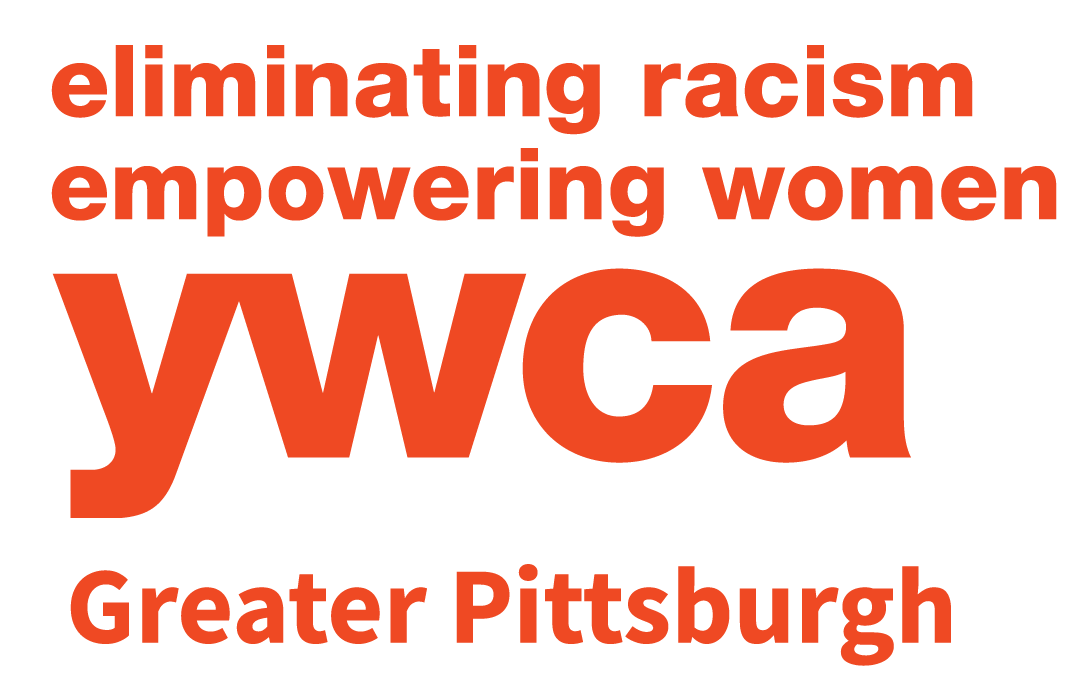About Us
Mission Statement
YWCA Greater Pittsburgh is dedicated to eliminating racism, empowering women, and promoting peace, justice, freedom and dignity for all.
Vision Statement
YWCA Greater Pittsburgh envisions a community that advances education, opportunity, and equity regardless of gender, race, or background.
YWCA Greater Pittsburgh History
Established in 1867, YWCA Greater Pittsburgh (or the “Women’s Christian Association” as it was first named) was first staffed by volunteers. They established educational programs, launched safe housing programs, and created networks to support professional women.
Like many of its sister Associations during the early 20th Century, YWCA Greater Pittsburgh ran racially segregated branches. In 1946, YWCAs committed to the Interracial Charter in order to move toward integration.
Beginning in the 1970s, YWCA USA intensified its investment in increasing opportunity for all. And in 1996, YWCA GP launched the Center for Race Relations (now the Center for Race and Gender Equity) to educate, engage, advocate, and build community around the vision of a world in which everyone has equal access to personal and professional opportunities.
Today, YWCA Greater Pittsburgh strives to create a future where people of all backgrounds can thrive, providing direct services, empowerment programming, and advocacy to support individuals and families while working to challenge structural barriers to opportunity.
YWCA Greater Pittsburgh FAQs
-
YWCA Greater Pittsburgh provides direct services, empowerment programming, and advocacy to support individuals and families while working to challenge structural barriers to opportunity. Our programs include the Center for Race & Gender Equity, Early Learning Centers, Opportunity Pathways Programs, and Economic Advancement Programs.
-
We have two offices, one at 2313 E Carson St. in the Southside, and the other at our Homewood Education enter at 6907 Frankstown Avenue in Homewood.
-
YWCA Greater Pittsburgh and the YMCA of Greater Pittsburgh often collaborate to provide services for families in need. However, the YW and the YM are completely separate organizations, with separate (if similar) missions. YWCA Greater Pittsburgh has offered health and wellness services in the past, but today we provide social services and advocacy.
-
YWCA Greater Pittsburgh and YWCA USA are separate organizations bound by a shared brand and mission. We often refer to YWCA USA (or “national”) as the “parent” Association, and to other local YWs as “sister” Associations. The parent provides our distinctive brand, a range of service and policy priorities, guidance, research, and conversation about best practices and need. Meanwhile, local Associations respond to the particular needs of their regions with services and advocacy.
-
Please follow this link to find out about our services and how best to contact us
-
There are many different ways to get involved, including sharing information, volunteering, attending events, becoming a donor, and enlisting in our Board of Directors or Young Leaders Board. We suggest you start by signing up for our e-newsletter, which will keep you updated about our priorities and activities. You can also follow us on social media to stay up to date on opportunities to get involved.



